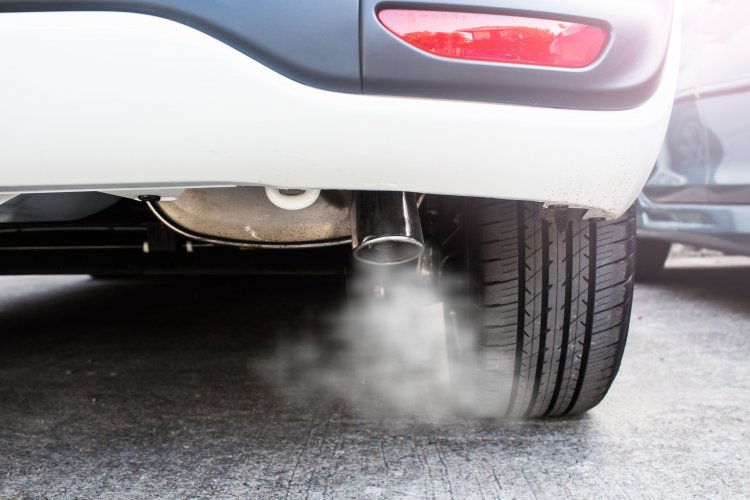All EU governments, except for the Swedish one, missed the June 30 deadline and did not submit their social climate plans for an affordable “green transition”.
This is reported by POLITICO.
On Tuesday, the European Commission confirmed that only Sweden had submitted the plan on time. The other 26 countries are still working on their documents – despite the fact that most of them are concerned about the impact of green policies on vulnerable households.
Why is there a need for such plans?
The plans are needed because the EU is preparing to set a price for emissions from heating and road transport starting in 2027. This step is expected to increase household fuel bills. The idea is that the price will encourage Europeans to switch to non-fossil fuel alternatives such as electric cars and heat pumps.
To avoid penalties for low-income Europeans, who already have problems paying their electricity bills and cannot afford expensive electric cars, as well as for small businesses, the EU has created an €86.7 billion Social Climate Fund, which will finance measures aimed at helping poor households starting next year. To access these funds, each EU country must submit a plan detailing how it will distribute its share of the money.
Citizens may not receive funds on time
Most EU countries have recently called for a review of the future price of carbon emission allowances due to cost concerns. But with almost all countries failing to meet the June 30 deadline, disbursement of aid funds is now facing delays.
“There are no legal consequences for not submitting plans,” said European Commission spokeswoman Eva Hnchirzhova, but warned that this could delay access to the money.
The EU executive will wait for all 27 social climate plans before it can create the fund, the spokeswoman explained. Only after that will EU governments be able to access the fund's public money. She added that the European Commission will have 5 months to evaluate the countries' plans, but did not specify when exactly the deadline will start.
The fund is intended to finance initiatives such as renewable energy, home renovation, environmentally friendly heating and cooling, and low-emission cars.
"We wanted the fund to start working from the beginning of next year. But if we don't have [plans] in the near future, then obviously, work on this project will need to be postponed," said Hnchyrzhova.
As EcoPolitic previously reported, in mid-June, politicians, industry representatives and civil society groups from the EU discussed the implementation of ETS2 – the EU Emissions Trading System for buildings and road transport – at the implementation dialogue on decarbonization of buildings and road transport and pointed out the challenges in launching it.





